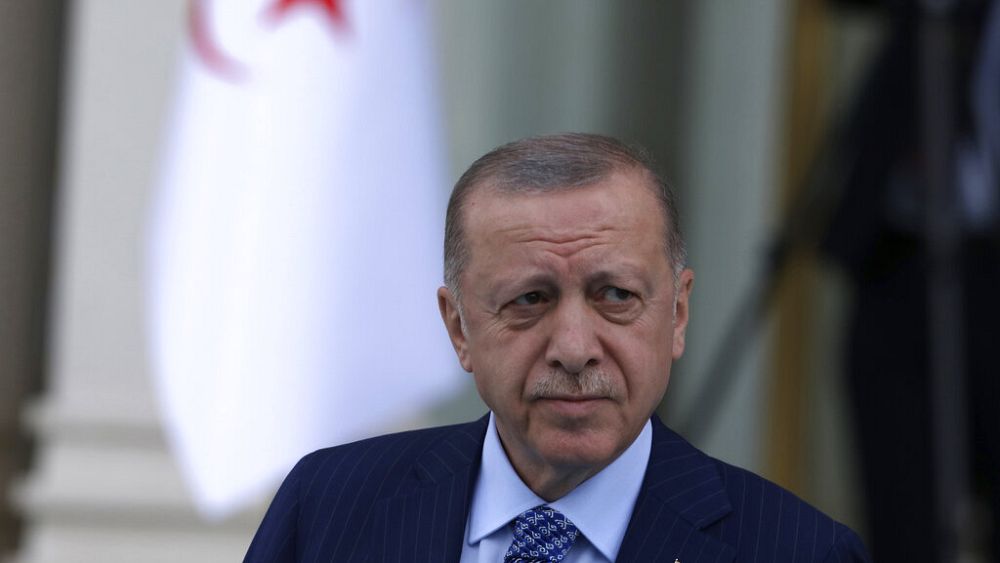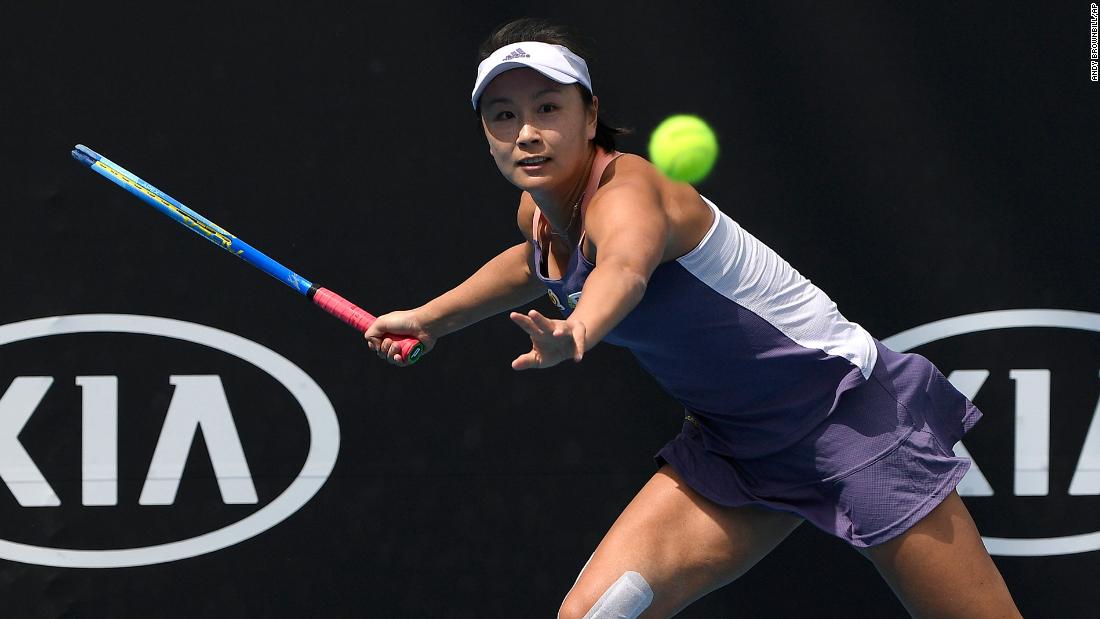Those who want to be in Iraq
After giving these assessments, it would be useful to take a look at what Turkey has not been saying openly, the demands that one can easily discern by reading between the lines.
During the entire bargaining process — you may politely call it negotiating between allies — Turkey persistently focused on certain issues:
* Firstly, Turkey wanted the Turkish force to serve in Iraq to be deployed in a separate, independent zone of its own. The overt reason for this demand was the Turkish units’ desire to undertake sovereign responsibility for a given zone on their own. Well, why would a country that has opposed the sending of troops to Iraq so much come up and say it wanted to assume responsibility for a specific part of Iraq?
* Secondly, Turkey wanted the units to be under the command of Turkish officers. Ostensibly — and, naturally, as a requirement of the existing conditions — there would be a link with the U.S. headquarters that commands the occupation forces in Iraq. However, the power to issue orders to the Turkish troops would be given to Turkish commanders. An effort was made to explain this demand to the Turkish public in the following manner: "Turkish troops cannot be placed under the command of a foreign officer." However, what the Turkish side wanted in reality was to have a force that would serve in an independent zone where they would be able to take their own decisions and implement them.
* Thirdly, a controversy surrounded the Turkish units’ potential area of duty. Turkey announced officially that its troops could serve in one of three areas in Iraq and that Turkey’s first choice would be the Salahaddin province. Meanwhile, it was no secret that the U.S. side suggested the Al-Anbar region situated between Baghdad and the Jordanian-Syrian border, partly in order to prevent the Kurds from opposing the plan. Now Turkey is preparing to announce, in the name of reaching a middle-of-the-road solution, that its troops could serve in two regions rather than one, should that be required. Well, why this insistence on Salahaddin? This is because this province is in the heart of Iraq, extending all the way from Baghdad to the north. Why would the military officials of a country that has been quite hesitant on the sending-troops-to-Iraq issue want to serve in the heart of that country?
The answers to these questions reflect the different views that exist in Ankara.
This is because there has been a certain polarization. On one hand there are those who are covertly supporting the Iraqis’ opposition to the arrival of Turkish troops due to the nature of the domestic politics and balances of Turkey and also due to the assumption that in the near future the Middle East will see even more turmoil. On the other hand there are those who maintain that Turkey must absolutely be represented in the region — at the highest possible level.
The second group thinks that the direction of the regional developments must be set by a group of actors — with Turkey playing a leading role — regardless of how that would be interpreted by the Turkish public, regardless of the reactions that would draw, regardless of the cost to be paid even though this may lead to the "liquidation" of politics. This line of reasoning is based on the predictions discussed at a series of meetings recently held in Ankara called "the state summit."
According to these "predictions," the developments likely to take place in the Middle East will change the Middle Eastern map entirely. Among these changes, the Kurdish problem is the issue that concerns Turkey the most. The possibility of an independent Kurdistan taking shape as a result of Iraq’s fragmentation process or a federative structure taking shape in northern Iraq is making these circles’ hair rise. This is because they believe that such a development would inevitably threaten Turkey or, to put it more correctly, Turkey’s borders. They think that two things can be done to prevent that: Firstly, having an "as effective as possible" Turkish military presence in an "as strategic as possible" part of Iraq so that Turkey can directly influence the developments and, secondly, on the basis of that force, paving the way — should that be necessary — for bringing inside the Turkish borders the independent or semi-independent structures that could take shape.
It remains to be seen whether the desired goals would be attained with such policies. Meanwhile, it is a fact that this issue remains one of the most important topics discussed by Ankara.


